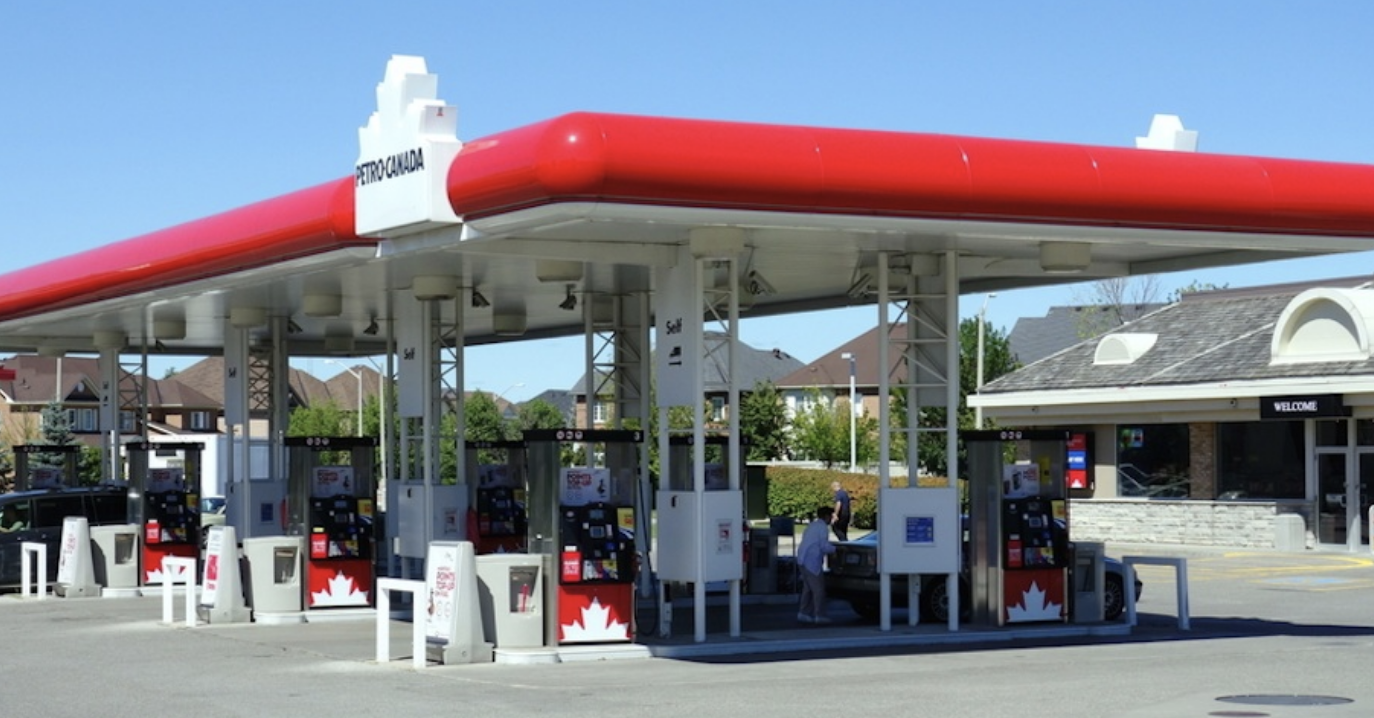Backgrounders
Essential vehicles defined
The following vehicles will have access to commercial gas stations where available fuel will be prioritized. For vehicles that do not typically access commercial trucking gas stations (cardlock gas stations), the Province is working to provide priority access.
The groups are defined as:
- Emergency service vehicles (fire, police, ambulance and health care including urgent medical treatment)
- Public transit vehicles
- Commercial transport trucks – critical goods and services (food and beverage, health care, safety)
- Refrigerated trucks
- Potable water delivery/wastewater service
- Grocery delivery
- Road repair, maintenance and recovery vehicles/tow trucks
- Military vehicles
- Critical infrastructure, construction and repair vehicles
- Home-care workers
- Municipal services vehicles
- First Nations government services vehicles
- BC Ferries/Coast Guard/tugboats/marine emergency/pilot boats
- Canada Post and other couriers/package delivery vehicles
- Vehicles for the provision of critical government services
- Airport authority vehicles and air travel
- Waste disposal/recycling
- BC Hydro, Fortis and other heavy-duty and light-duty utility vehicles
- Telecommunication repair and installation vehicles
- Fuel delivery trucks and boats
- School buses
- Taxis
- Agricultural and farm-use vehicles, including vehicles supporting flood response
- Veterinarians supporting flood response
- Inter-city buses
Defining essential travel, goods and services in B.C.
This order applies to non-essential travel. It does not apply to:
- commercially transporting goods
- transporting essential goods and supplies, specifically:
- food, water and other beverages
- fuel and gasoline
- health-care goods, pharmaceuticals and medical supplies
- personal hygiene, sanitation and cleaning goods.
- transporting livestock, agricultural or seafood products and supplies
- livestock producers returning to a farm to provide care for animals
- responding to emergencies, including search and rescue operations
- evacuations for medical reasons and urgent medical treatment
- highway repair and maintenance
- transporting essential personnel
- returning to a person’s own principal residence
- exercising an Aboriginal or treaty right as recognized and affirmed by Section 35 of the Constitution Act, 1982.


